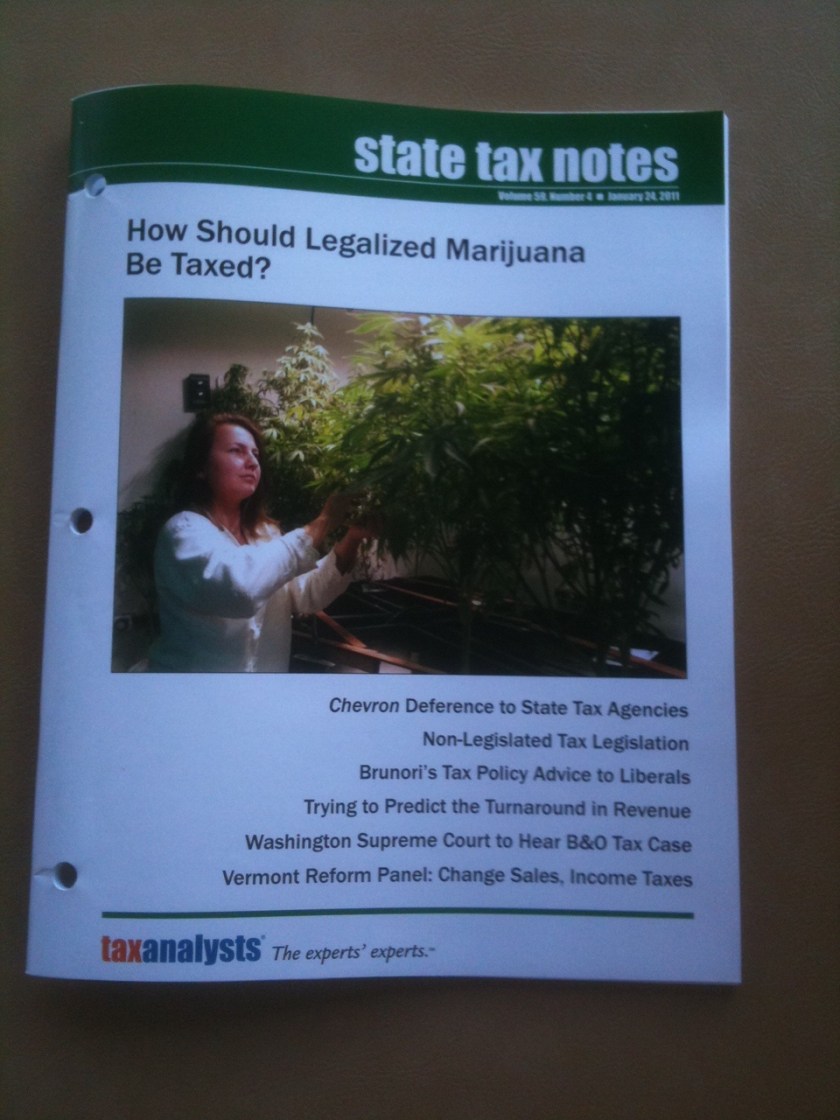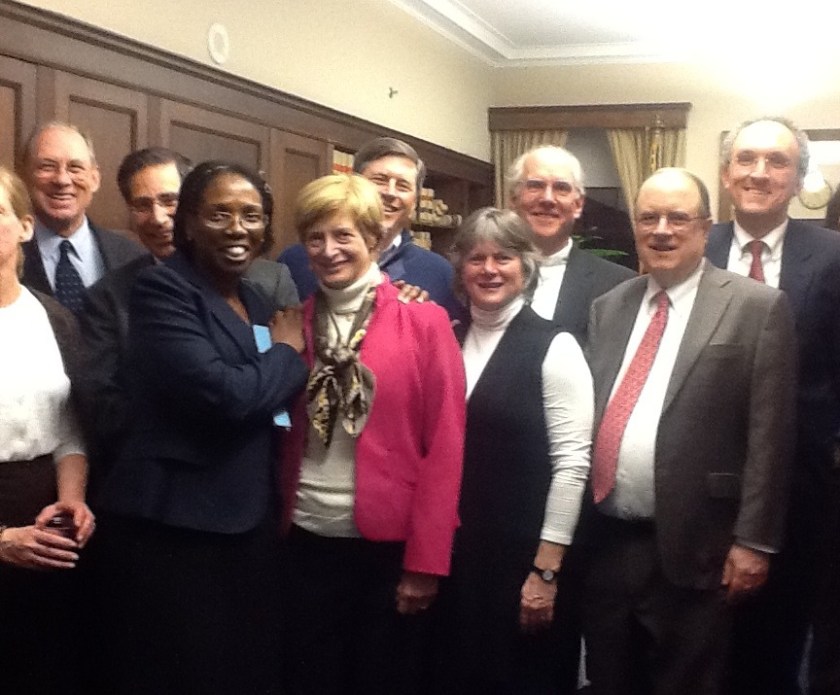In 1798, the Fifth Congress enacted a progressive wealth tax. Then, for instance, a house worth $300 bore tax of 60 cents; a house worth $30,000 bore tax of $300 — that’s 500 times more tax on property worth 100 times more. Direct Tax Act, 1 Stat. 597, 599, http://constitution.org/uslaw/sal/001_statutes_at_large.pdf (a huge file also linked here).
But that experiment that didn’t last, maybe in part because it involved a cumbersome direct tax that had to be apportioned among states according to population. North Carolina, for instance, had to pay $193,697.96 – “and five mills.” Tennessee had to pay only $18,806.38 – “and three mills.” There was also a tax on slaves – 50 cents each. Folks in the North thought they were paying too much, and started Fries’ Rebellion.
If the tax brought in too much to bring in a state’s apportioned share, rates on houses were to be reduced. If too little, undeveloped land was to be taxed.
Here’s an excerpt: Continue reading “Progressivity in America: 1798”

